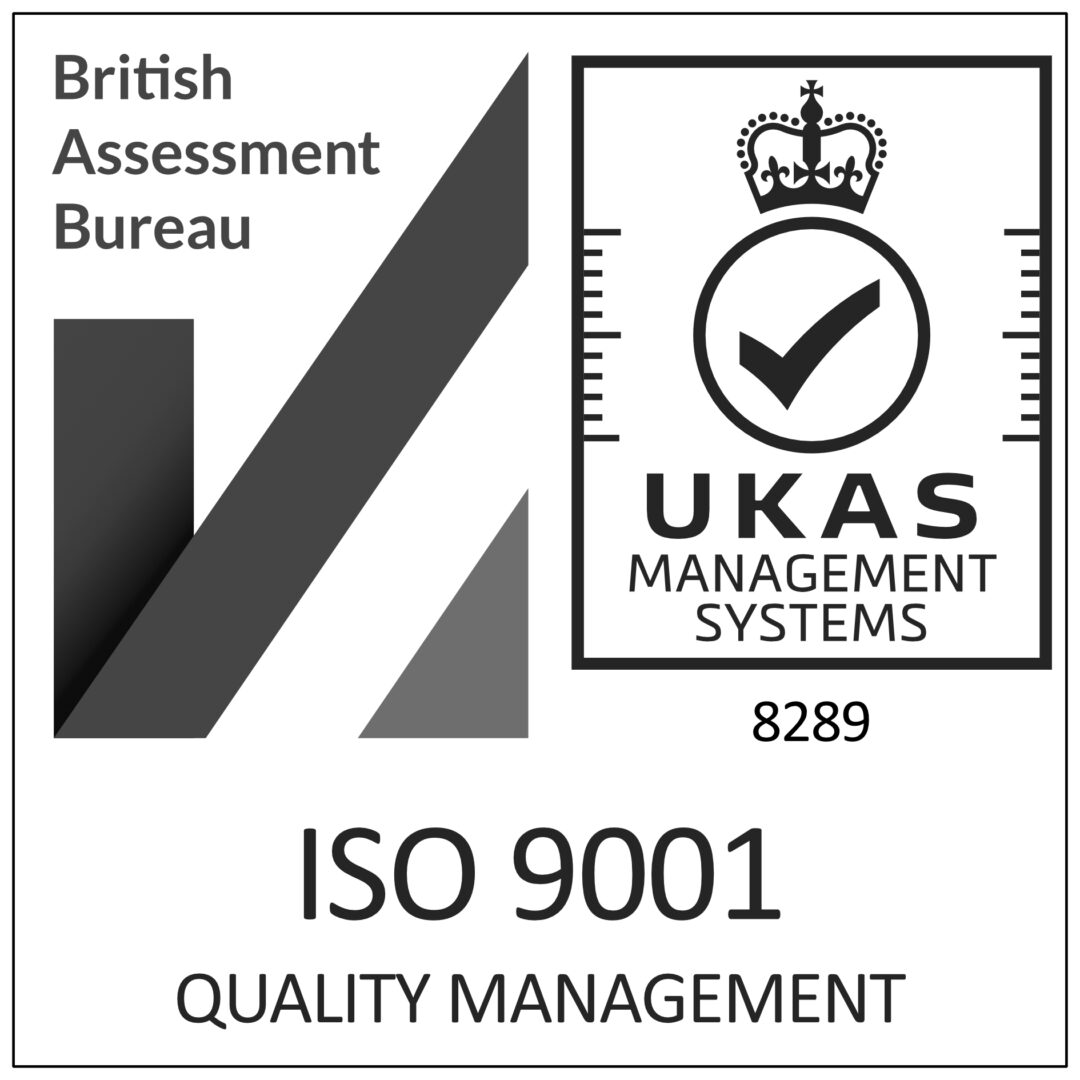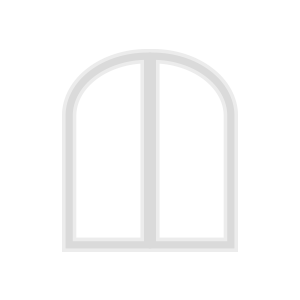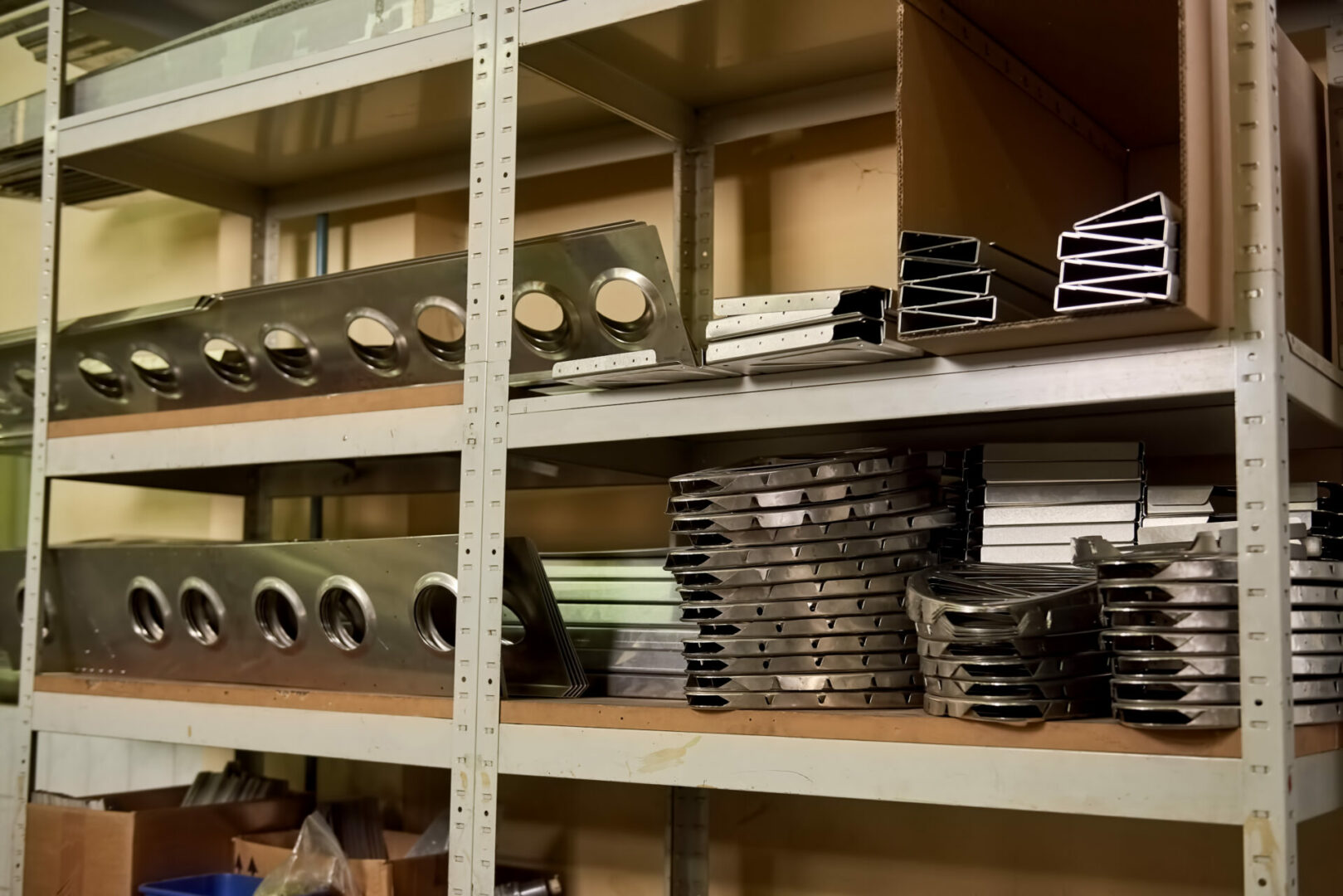Aluminium is a widely used metal known for its lightweight strength, corrosion resistance, and ability to conduct electricity. These qualities make it a great choice for many industries. In this blog, we will explore the different types of aluminium and how they are used.
What is Aluminium?
Aluminium is a lightweight silver metal and the most common metal found in Earth’s crust. Due to its high reactivity, aluminium doesn’t occur naturally in its pure form. However, when exposed to air, it forms a thin oxide layer that helps prevent further corrosion.
Key Properties of Aluminium
Aluminium is known for its versatile properties, which make it ideal for a wide range of applications:
- Lightweight: It is much lighter than steel, making it easy to transport and ideal for aeroplane applications.
- Corrosion-resistant: The thin oxide layer prevents rust and damage, making it ideal for outdoor and marine applications.
- Good conductor: It conducts electricity and heat well, so it’s used in power lines and cookware.
- Ductile and malleable: Easily bent and shaped into wires, sheets, and other forms.
- Non-magnetic and non-sparking: Safe to use in electrical and flammable areas.
Aluminium Grades and Their Uses
Aluminium comes in several grades, each with its properties and suitable applications. These are the different series:
1000 Series – Pure Aluminium
- This series offers high corrosion resistance and excellent electrical conductivity. It is commonly used in:
- Food processing
- Chemical storage
- Electrical transmission
2000 Series – Copper Alloys
Known for its high strength, this series is primarily used in aerospace applications but has lower corrosion resistance. Common uses include:
- Aircraft structures
- Military applications
3000 Series – Manganese Alloys
These alloys provide good corrosion resistance and weldability, making them ideal for:
- Cooking utensils
- Roofing materials
- Signage
4000 Series -Silicon Alloys
With a lower melting point and good conductivity, this series is often used in automotive applications and welding. Typical uses include:
- Automotive components
- Welding rods
5000 Series – Magnesium Alloys
Known for excellent corrosion resistance, these alloys are commonly used in:
- Marine applications
- Pressure vessels
- Storage tanks
6000 Series – Silicon Alloys
Offering good strength, corrosion resistance, and machinability, this series is widely used in:
- Construction
- Automotive
- General engineering
7000 Series – Zinc Alloys
This series is known for its high strength and is primarily used in applications that require durability and performance. Common uses include:
- Aerospace
- Sports equipment
- Automotive applications
8000 Series – Other Alloys
High-strength and formable, this alloy is used in specialised applications, including aerospace and other high-performance industries.
Aluminium is a lightweight, strong, and corrosion-resistant material. It conducts electricity well, making it vital for many industries. Understanding the different grades of aluminium and its uses helps industries choose what they need, whether for aerospace, construction, or other areas.
We provide high-quality aluminium windows, doors, and bending services at ABS. Contact us today to learn how our products can improve your space.







